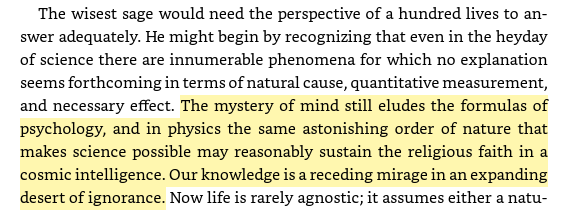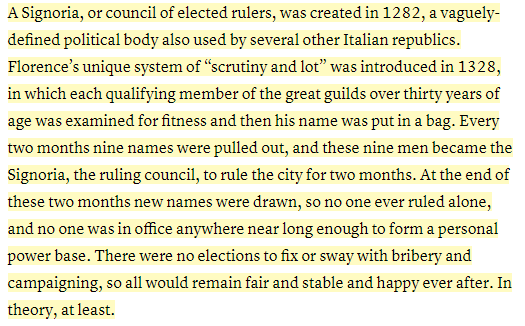How to get URL link on X (Twitter) App

https://twitter.com/threadapalooza/status/1466049208725635075?s=201. Great Art Explained









 63/ Chartres roses
63/ Chartres roses









 1/ The crazy & bizarre system that was the Signoria
1/ The crazy & bizarre system that was the Signoria














 Another treasure.
Another treasure. 






